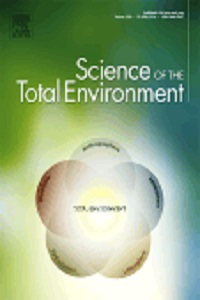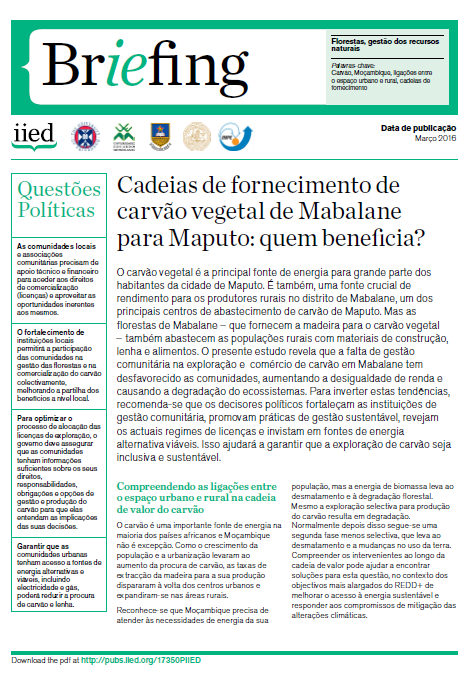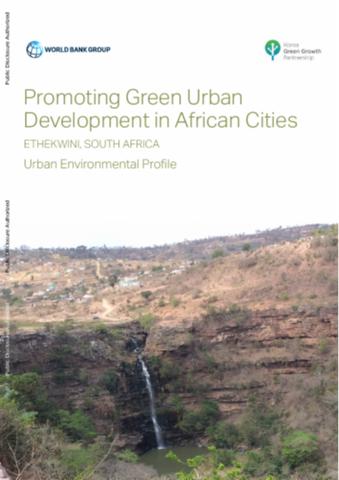Décret n°2016-0131 P-RM du 7 mars 2016 fixant les attributions spécifiques des membres du gouvernement.
Le présent décret fixe les attributions spécifiques des membres du Gouvernement. Les ministres exercent, chacun, leurs attributions spécifiques en concertation avec les ministres qui en sont concernés ou intéressés. Ces concertations doivent être menées avant la saisine du Secrétariat général du Gouvernement des projets de texte ou de documents de politique nationale.









